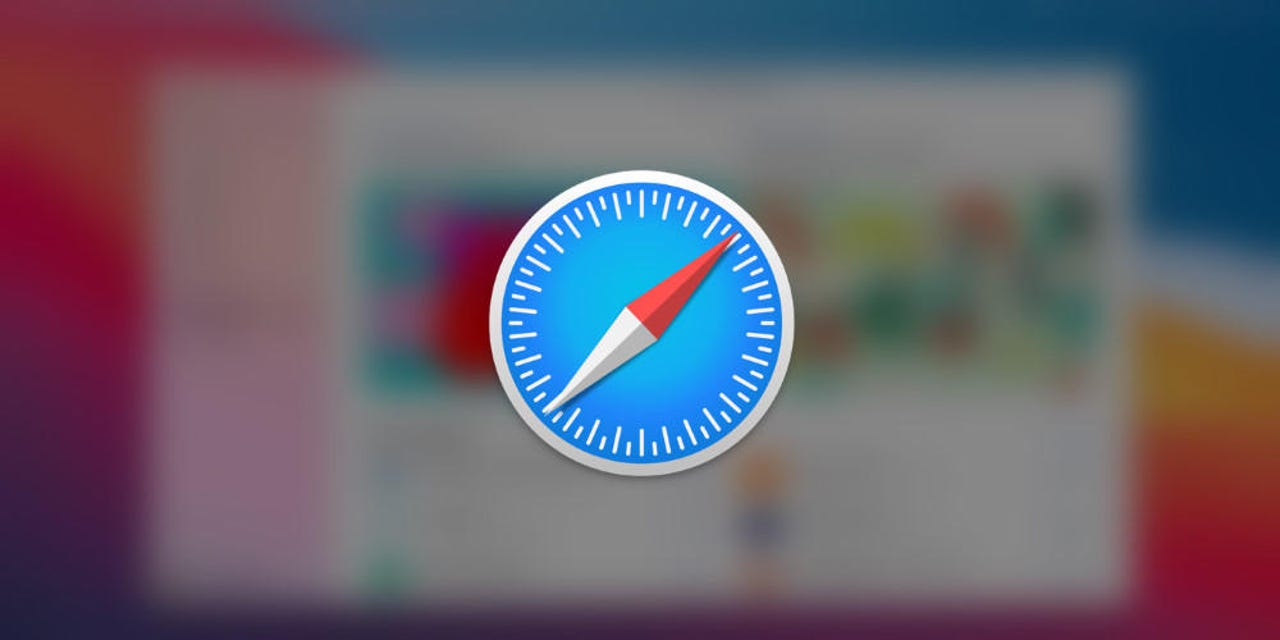Safari 14 removes Flash, gets support for breach alerts, HTTP/3, and WebP


After the flashy presentations of WWDC 2020, Apple has now published more details about some of the new features that are coming to some of its products.
While Safari didn't get too much of the spotlight at WWDC, Safari 14, scheduled to be released later this fall with iOS 14 and macOS 11, is a release that is packed choke-full with features.
WebExtensions API
The biggest and most important of the new additions is support for WebExtensions, a technology for creating browser extensions.
The WebExtension API was initially developed for Chrome but has since been also adopted to Firefox, Opera, Vivaldi, and Edge, and has become the universal standard for creating cross-browser add-ons using common technologies like HTML, JavaScript, and CSS.
What this means for Safari users is that starting this fall, they'll see a huge influx of new Safari extensions as add-on developers are expected to port their existing Chrome and Firefox extensions to work on Apple's browser as well.
Apple said that, for now, WebExtensions will only be available for Safari on macOS.
No more Flash Player
Safari 14 is also an end of an era, as this will be the first version of Safari that won't support Adobe Flash Player content.
Flash Player is scheduled to reach end-of-life on December 31, 2020, and will be removed from other major browsers as well.
HTTP/3
But while old stuff is being removed, new stuff is also being added. One of the new technologies added to Safari is support for HTTP/3, a new web standard that will make loading websites faster and safer.
Currently, according to W3Techs, most of today's websites are loaded either via HTTP/1.2 or HTTP/2.0, but HTTP/3 is slowly gaining ground, with HTTP/3 support being already present on 6% of all internet sites.
With adoption rates growing and after HTTP/3 made it into Chrome, Firefox, Edge, and others, Safari was expected to add HTTP/3 support in order to keep in sync with its rivals.
WebP
Another important addition in Safari is support for WebP, a lightweight image format that has been gaining widespread adoption across the internet.
The format, created by Google, serves as an alternative to the older JPEG format, and Safari has been the last browser to add support for it.
Breach alerts
But Safari hasn't been lagging behind other browsers just in terms of HTTP/3 and WebP support. Apple has also added support for another cool feature, namely breach alerts, already present in both Chrome and Firefox.
Starting this fall, Apple says that Safari 14 will scan a user's locally-stored passwords and show a prompt if one or more of the user's credentials are present in publicly available lists of breached accounts.
Users will be asked to change their passwords, and the Safari prompt will take users directly to each website's change password page -- if publicly known.
Face ID or Touch ID web authentication
In addition, Apple is also adding support for Face ID and Touch ID authentication inside Safari.
Starting with Safari 14, if a website supports WebAuthn-based authentication, Safari will let users use their fingerprint or face to log into online accounts via their browsers.
Until today, Face ID and Touch ID have been used as a user authentication method for native apps only.
SMS OTP autofill
Another feature added to Safari on iOS is support for the new SMS one-time passcode (OTP) format.
As ZDNet reported earlier this year, the feature originated in the Safari team and has recently gained Google's support.
Once it ships with Safari, OTP codes sent to users' devices via SMS will be automatically filled inside the Safari browser as a security measure against certain phishing attacks that can bypass two-factor authentication.
New Privacy Report button
And last but not least, Apple is also adding a Privacy Report button to Safari's toolbar.
The new button doesn't do much except show statistics about the number of trackers Apple's proprietary Intelligent Tracking Prevention system has blocked on each website the user is visiting.
The Privacy Report button is more of a marketing stunt to make users remember that Safari also blocks tracking scripts. The button was most likely added after both Mozilla and Chrome added content blocking features to their respective browsers; however, to be fair, Apple rolled out Intelligent Tracking Prevention long before its two rivals.